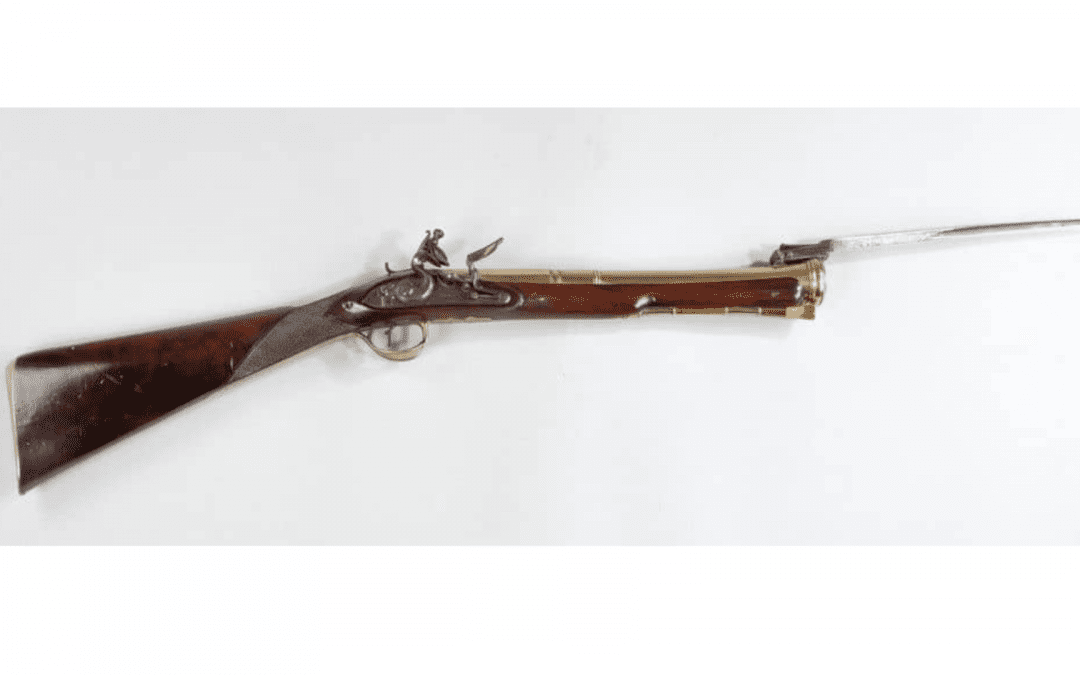Chekhov’s Gun is a writing principle which requires that if a gun is on display in act one, it must be used by act three. Claire and I were watching All Creatures Great and Small last night. Mrs Hall the housekeeper, played by Anna Madeley, left the veterinary practice to meet her son in a railway station tea room. Her son had enlisted in the navy. It was the beginning of World War Two.
She had to wait quite a while for her son to arrive. There was a young deaf woman serving tea. When her son did arrive, the meeting was quite difficult. His father had been badly affected by fighting in World War One, and had been violent towards her, and their son. She kept trying to offer her son some cake that she had baked, but he wouldn’t accept it. Then we learnt that her son had committed a crime, for which she had taken him to the police, and he had served time in a Borstal. Not a very pleasant time, we were led to believe. He couldn’t forgive her for shopping him.
Then the time came for her son to catch the train. It was a difficult farewell. She tried to give him the cake again, which he refused. The train started to move off. Then he said he’d take the cake, but she dropped it. She picked it up, and ran after him, as he was leaning out of the window, but the train was gathering speed, and getting louder. She couldn’t reach him. He shouted something, but you couldn’t hear him. Then the deaf woman appeared beside her. He said, “I love you, mum,” the deaf woman explained. I turned to Claire and said “Chekhov’s Gun.” I’d wondered why the tea lady was deaf. She had to be, so that she could lip-read the essential phrase that we all wanted to hear.
There is something very satisfying in placing seemingly unnecessary details in a story, and pulling all the threads tightly together at the end. I try to do that in my books, and I’ll try even harder in future. It was a great episode, and a classic use of Chekhov’s Gun.

